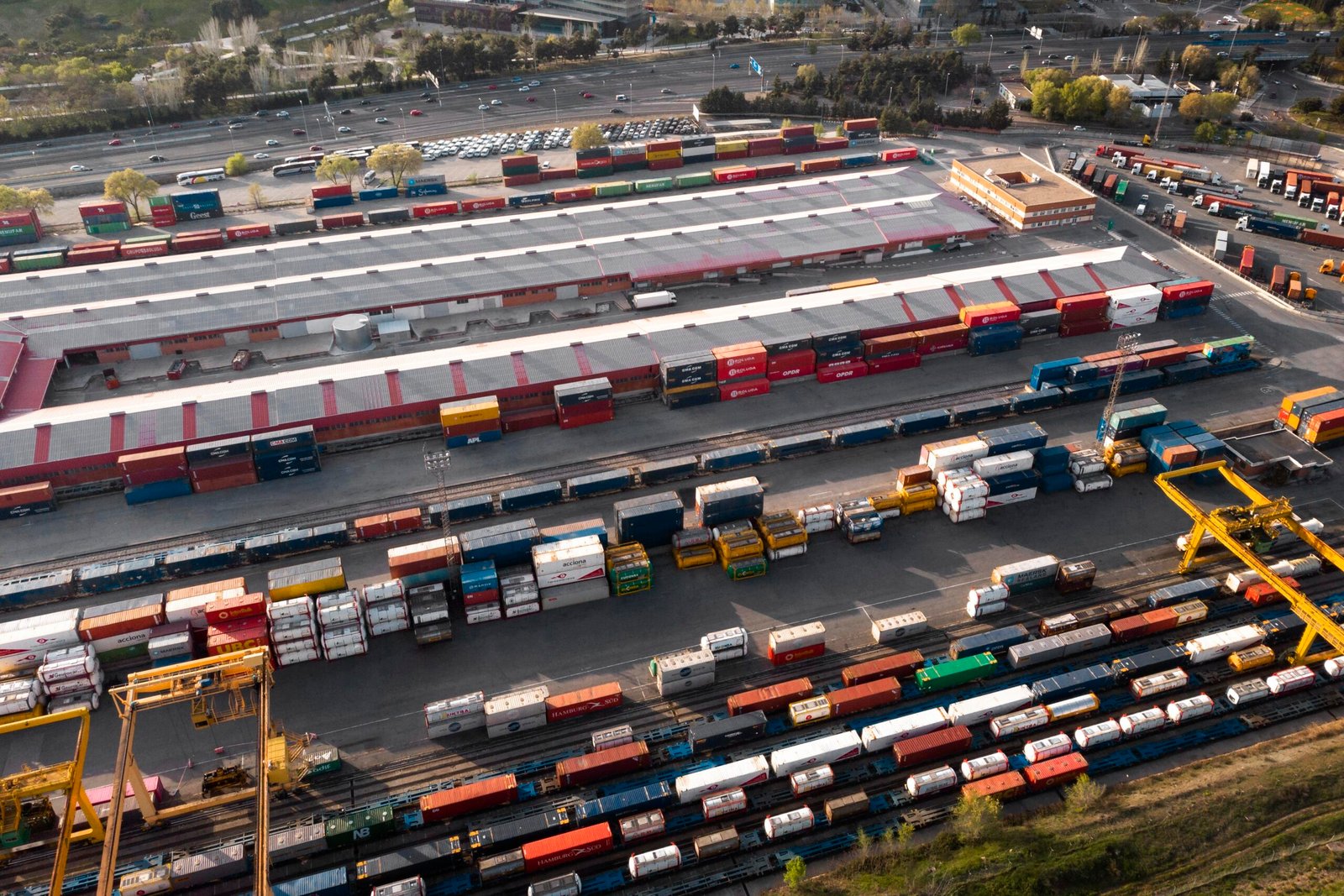News List
Why India is Emerging as a Global Export Hub for Trucks and Buses

India has steadily transformed into one of the world’s most important hubs for the export of trucks and buses. With a blend of manufacturing strength, cost competitiveness, progressive government policies, and a reputation for reliability, the country is now a preferred source for commercial vehicles across continents. This growth not only strengthens India’s role in the global supply chain but also supports the government’s ‘Make in India’ vision by boosting economic growth and creating jobs.
Strong Manufacturing Backbone
India’s commercial vehicle sector is powered by both homegrown giants like Tata Motors and Ashok Leyland and global players such as Daimler, Volvo, and Scania. Over the years, the industry has developed a deeply integrated ecosystem that includes design, testing, and component manufacturing. This integration allows India to deliver large volumes of trucks and buses without compromising on quality, meeting the needs of diverse export markets efficiently.
Cost Advantage and Skilled Workforce
One of India’s biggest strengths lies in its competitive cost structure. Manufacturing costs, including labour and materials, are considerably lower compared to traditional hubs like Europe or the US. At the same time, India has a skilled workforce that combines technical expertise with innovation. With continuous training and policy-driven labour development, Indian workers contribute to producing high-quality vehicles at globally competitive prices—making exports even more attractive.
Government Push and Pro-Business Policies
Government support has played a major role in India’s rise as an export leader. Schemes such as the Production Linked Incentive (PLI) programme encourage local manufacturing and exports. In addition, initiatives under ‘Make in India’ have simplified processes, attracted foreign investment, and created an enabling environment for global automakers. Trade agreements and regulatory reforms further help Indian manufacturers access new markets while easing export formalities.
Strategic Location and Modern Ports
Geography gives India a natural edge. Its proximity to Africa, the Middle East, and Southeast Asia makes it an ideal export base. At the same time, world-class seaports in Chennai, Mumbai, and Gujarat have undergone major upgrades in cargo handling and customs processes. These improvements have reduced logistics costs and shipping times, making Indian trucks and buses even more competitive internationally.
Reliability, Quality, and Innovation
Indian-made trucks and buses are increasingly recognised for their quality and durability. Many models meet or exceed international standards, including Euro VI and BS VI emission norms. Whether it’s rugged buses for African terrains or heavy-duty trucks for Middle Eastern markets, India has proven its ability to adapt products to local conditions while maintaining global benchmarks.
Expanding Global Presence
Today, Indian commercial vehicles are exported to over 40 countries, including developed regions like Europe. With the rising focus on electric mobility and sustainable solutions, India is also making strides in exporting eco-friendly trucks and buses, further strengthening its global presence.
Final Thoughts
India’s position as an export hub for trucks and buses is no accident. It is the result of manufacturing excellence, policy support, skilled labour, and cost efficiency—all working together. As global demand for reliable and affordable commercial vehicles grows, India is well on its way to becoming a long-term leader in the international automotive supply chain.
